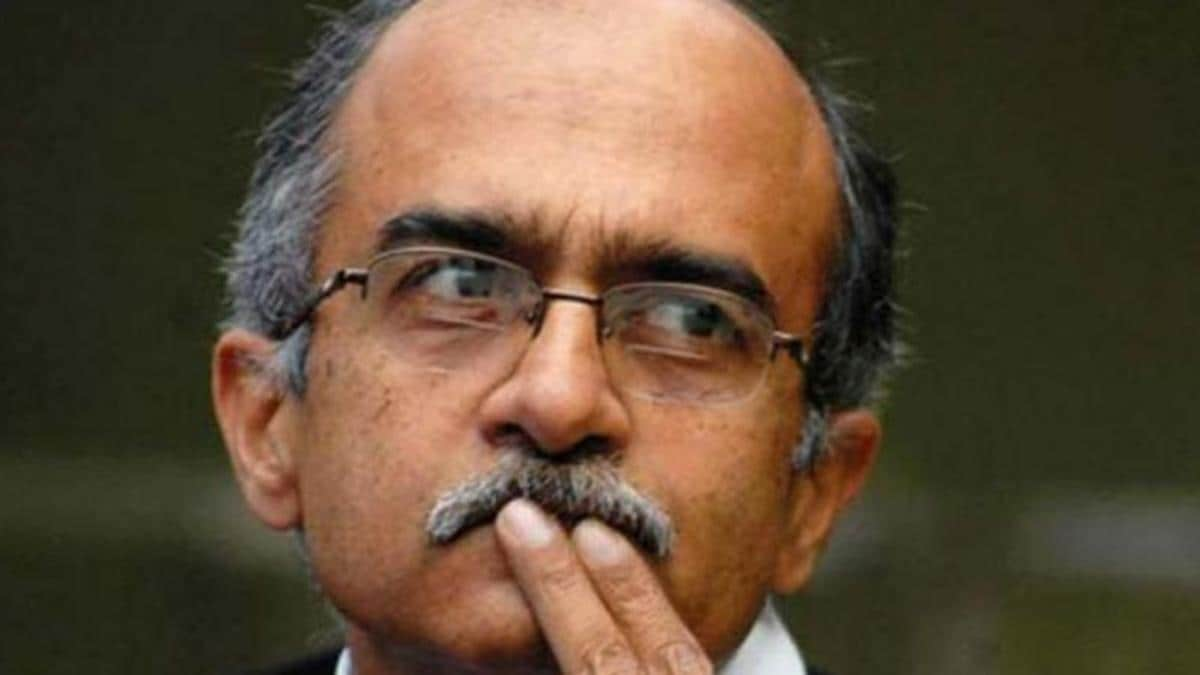
Sixteen prominent civil society members including Aruna Roy, Bezwada Wilson, Jayati Ghosh, and P Sainath, filed an application for intervention on August 4 in the suo motu contempt proceedings in the Supreme Court against Advocate Prashant Bhushan.
The case against Bhushan rests on his recent tweets criticising the CJI and the apex court. Even as the tweets have been “withheld” by Twitter now, according to Firstpost, one statement was about the impropriety of the present Chief Justice of India being seen riding a Harley Davidson motorcycle belonging to a BJP leader in Nagpur and the other one was about the “undeclared emergency” in India where Bhushan suggested that the Supreme Court had a role in ensuring it stayed that way.
In this context, the intervention application says, “The Applicants herein contend that the initiation of the instant contempt proceedings against the Alleged Contemnor No.1 Mr. Prashant Bhushan for expression of an opinion relating to the functioning of this Hon’ble Court, that a reasonable person can legitimately hold, is manifestly unjust and unconstitutional for violation of rights under Article 19(1)(a) of the Constitution – not just of the Alleged Contemnor Mr. Bhushan, but also of the wider public – insofar as it causes a chilling effect on the exercise of the right to free expression.”
The applicants—Shantha Sinha, E A S Sarma, T M Krishna, Jagdeep S Chhokar, Anjali Bhardwaj, Prabhat Patnaik, Nikhil Dey, Deb Mukharji, Sangayya Rachayya Hiremath, Paul Divakar Namala, Wajahat Habibullah and Syeda Hameed apart from the above mentioned—state that the application is an “earnest and bona-fide attempt” to sustain the “perception and tradition of this Hon’ble Court as a progressive, deliberative and democratic institution”.
Quoting from the Supreme Court judgedment in Indirect Tax Practitioners Association v. R.K. Jain (2010), the application said, “Fair criticism of the system of administration of justice or functioning of institutions or authorities entrusted with the task of deciding rights of the parties gives an opportunity to the operators of the system/institution to remedy the wrong and also bring about improvements. Such criticism cannot be castigated as an attempt to scandalize or lower the authority of the Court or other judicial institutions or as an attempt to interfere with the administration of justice except when such criticism is ill motivated or is construed as a deliberate attempt to run down the institution or an individual Judge is targeted for extraneous reasons.”
Ordinarily, the court would not use the power to punish for contempt for curbing the right of freedom of speech and expression, which is guaranteed under Article 19(1)(a) of the Constitution, further read the judgement.
Referring to the Bhushan’s tweet that reportedly had criticised the Supreme Court, the applicants have argued that in the past few years, legitimate concerns have been raised about the reluctance of the Supreme Court to play its constitutionally mandated role as a check on governmental excesses and violations of fundamental rights of the people by the State. “These have been raised by all sections of society—media, academics, civil society organizations, members of the legal fraternity and even by sitting and retired judges of this Hon’ble Court. Most recently, this Court’s reluctance to intervene in a timely manner to avert the migrant crisis during the lockdown came under intense public scrutiny.”
Bhushan’s comments were “in essence criticism”, which have to be considered “constitutionally protected speech”; this is why the expression cannot “under any circumstances be treated as an issue of contempt of court under the law”, submitted the applicants.
The application also refers to a statement by 131 civil society members, which was endorsed by 10 former judges, expressing solidarity with Advocate Bhushan.
The application added, “The proper functioning and administration of courts, especially the higher judiciary, is crucial to maintain the Rule of Law and to protect and enforce the Fundamental Rights of the people guaranteed under our Constitution.”




